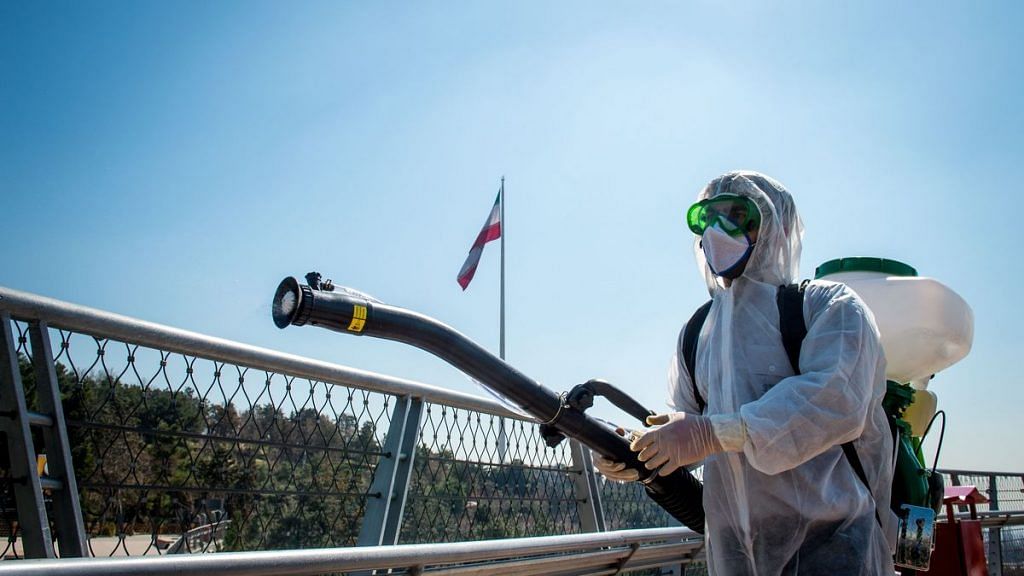New Delhi: One of the best things to watch on the coronavirus outbreak these days is the White House briefings in the US. President Donald Trump and his key team members come in every day to answer questions on the pandemic.
On Wednesday (India time), Trump was asked a question about a study conducted at the Imperial College in the UK, and its estimates about the spread of the virus. The US president said his team is the best in the world, which is in touch with everybody including the Imperial College.
Non-pharmaceutical interventions
The Imperial College study says that if you don’t intervene in stopping the spread of the virus, then about 80 per cent of Americans can get infected and 0.9 per cent of people will die. This is about 2.2 million people. Ninety million people in the entire world can die of the virus.
The study says mitigation, like isolation of confirmed and suspected cases, and suppression of the virus, like closing schools and colleges, can reduce the spread of the virus to thousands.
A Bloomberg report by David Fickling showed correlations between weather conditions and the spread of the virus. The virus doesn’t seem to spread in extremely hot or extremely cold conditions. The infection rate of coronavirus spread in China so far is 2.2. With every degree increase in temperature, this comes down by 0.038. Similarly, with each percentage increase in humidity, this value falls by 0.0224.
Further studies from Europe and China also confirm the findings.
Drugs working against coronavirus
Favipiravir is a drug which works against RNA virus. Zhang Xinmin, an official at China’s science and technology ministry, confirmed that patients who were given this drug recovered much earlier than those who weren’t.
The standard malaria medicine Chloroquine was found to have some effect on coronavirus. Three coronavirus-affected patients were reportedly cured using chloroquine and other drugs in Jaipur. American entrepreneur and Tesla co-founder Elon Musk also tweeted saying Chloroquine may work for coronavirus.
Hydroxychloroquine probably betterhttps://t.co/FWn2kh1LZx pic.twitter.com/wQODHiFeWT
— Elon Musk (@elonmusk) March 17, 2020
A third drug, Remdesivir, has also been found to be effective against the virus.
See the full episode here:
Also read: Why healthcare workers are more at risk from COVID-19 and how hospitals are protecting them
